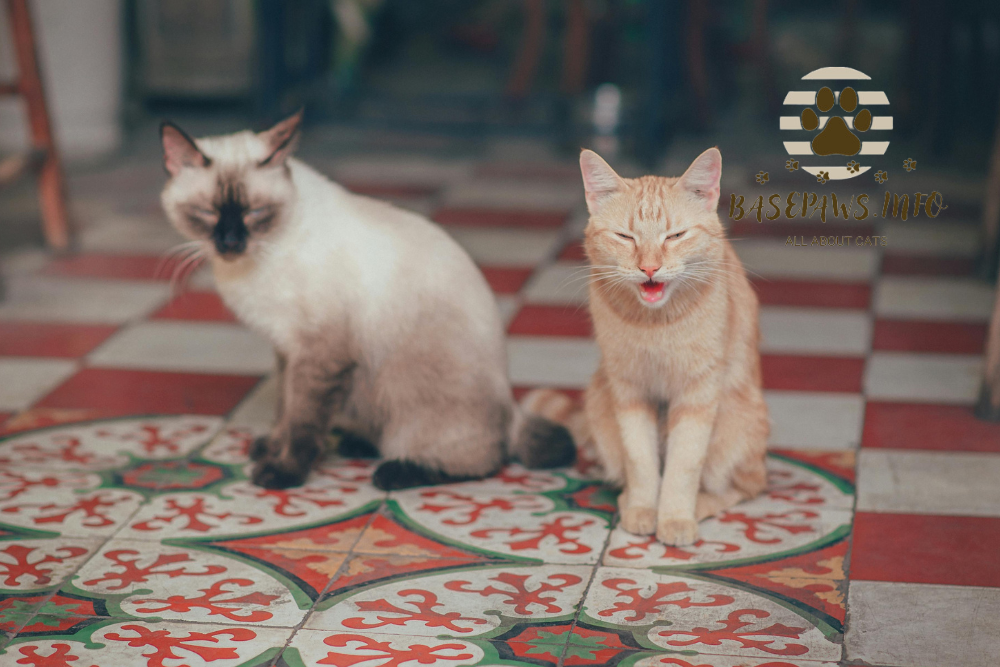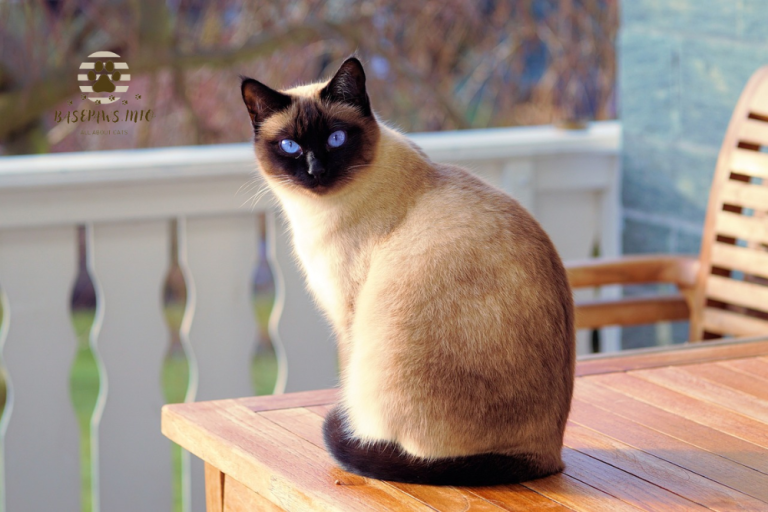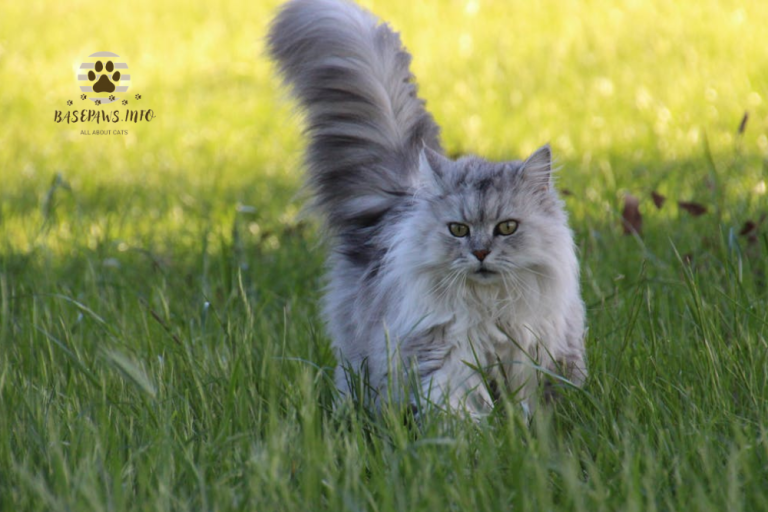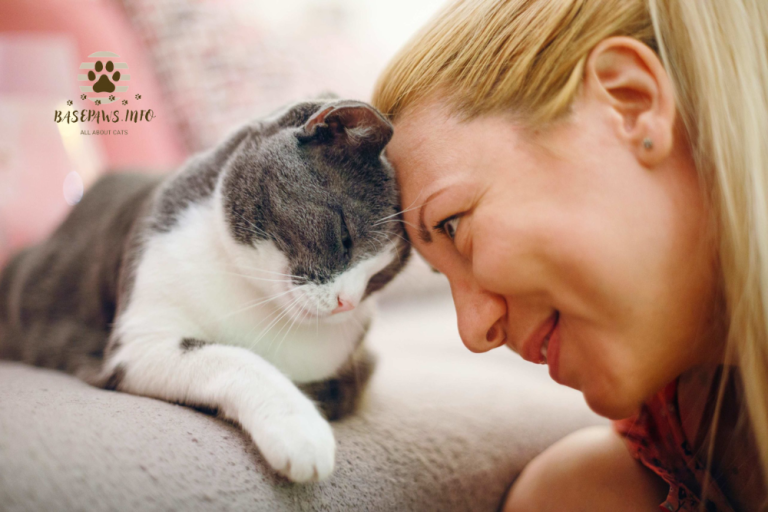Managing Excessive Meowing in Cats: Causes and Solutions
Is your cat meowing non-stop and it’s starting to become a problem? It can be frustrating and concerning when your normally quiet feline suddenly becomes excessively vocal. Many cat owners find themselves puzzled, wondering if something is wrong or if their pet is simply being demanding. This excessive meowing may be linked to several underlying issues, and understanding them is the first step toward peace in your home.
Excessive meowing in cats can indicate anything from hunger to serious medical conditions. Whether your cat wants attention, food, or relief from discomfort, it’s important to identify the root cause. In this article, we will guide you through the reasons behind your cat’s excessive vocalizations and provide actionable solutions to help you regain a quiet, happy home.
If you’re struggling with a cat that won’t stop meowing, don’t worry! We’ll walk you through various ways to address these behaviors, from simple attention-seeking cries to potential medical concerns. With the right approach, you can help your cat become more content and quiet.
Quick Overview: What is Excessive Meowing?
Excessive meowing is when your cat vocalizes more frequently or intensely than usual. It’s important to understand that cats meow as their primary way of communicating with humans, and not all meowing is problematic. However, when the meowing becomes disruptive or frequent, it’s time to explore potential reasons behind it.
Why Is My Cat Meowing So Much?
Hunger or Thirst
If your cat’s food or water bowl is empty, meowing is their way of getting your attention. Cats quickly learn that vocalizing brings results, so they might continue this behavior every time they’re hungry or thirsty. Ensuring your cat has access to fresh food and water at all times can reduce this type of meowing.
Attention Seeking
Cats are social animals and may meow to get your attention for play, petting, or simply companionship. If your cat meows every time you sit down or walk into a room, they could be asking for interaction. Make sure to spend quality time with your cat to fulfill their social needs.
Stress or Anxiety
Changes in your cat’s environment, such as moving homes or new pets, can cause stress. A stressed or anxious cat may meow more often and more loudly. Creating a calm, predictable environment and providing safe spaces for your cat can help reduce their stress.
Illness or Pain
Medical issues such as kidney disease, hyperthyroidism, or urinary problems can lead to excessive meowing. If your cat is meowing in combination with other symptoms like weight loss, lethargy, or changes in litter box habits, schedule a vet visit to rule out underlying health problems.
Aging and Cognitive Dysfunction
As cats age, they may experience cognitive dysfunction, which can lead to confusion and increased vocalization. Senior cats may meow because they are disoriented or anxious. Regular vet checkups and providing a comfortable, familiar environment can help manage this behavior.
Mating-Related Behaviors
Unspayed or unneutered cats are more likely to meow excessively during mating seasons. Females in heat and males sensing a nearby female will often vocalize persistently. Spaying or neutering your cat can significantly reduce this type of meowing.
Breed Traits
Some breeds, like Siamese cats, are naturally more vocal than others. If you own a vocal breed, it’s important to understand that this is normal behavior for them. Offering plenty of stimulation and interaction can help curb excessive vocalizations.
Common Causes of Excessive Meowing in Cats
| Cause | Explanation |
|---|---|
| Hunger and Thirst | Meowing for food or water, especially if bowls are empty. |
| Dirty Litter Box | Cats may meow to alert you that their litter box needs cleaning. |
| Medical Conditions | Issues like hyperthyroidism or kidney disease can increase meowing. |
| Stress and Anxiety | Changes in the environment or routine can trigger stress vocalizations. |
| Mating Behavior | Unspayed/unneutered cats are more likely to meow excessively. |
| Aging and Cognitive Issues | Senior cats may meow more due to confusion or cognitive dysfunction. |
| Loneliness or Boredom | Cats may vocalize when they are lonely or in need of stimulation. |
How to Stop Excessive Meowing
Identifying and Addressing Hunger and Thirst
Ensure that your cat’s food and water bowls are always full to prevent hunger and thirst-driven meowing. Investing in an automatic feeder or water fountain can help maintain consistency and reduce your cat’s need to vocalize.
Providing Mental and Physical Enrichment
Bored cats tend to meow more, so providing toys, scratching posts, and climbing trees can keep them entertained. Regular playtime helps to burn off excess energy and gives them the attention they need, reducing meowing.
Reducing Stress and Anxiety
Identify and remove stressors in your cat’s environment. For example, blocking windows if they are stressed by outdoor activity or providing a quiet space during noisy events. Consider using calming products like pheromone diffusers.
Managing Attention-Seeking Behavior
If your cat meows just for attention, try to ignore them when they are vocalizing and reward them when they are quiet. This can help discourage meowing for attention and reinforce calm behavior.
Treating Medical Conditions and Pain
A vet visit is essential if you suspect illness or pain is causing excessive meowing. Cats often hide their discomfort, so frequent vocalization might be the first clue. Regular health checkups can help prevent underlying issues from going unnoticed.
Adjusting for Aging and Cognitive Dysfunction
For older cats, creating a calm, predictable environment and providing plenty of stimulation can help reduce confusion and anxiety. Speak to your vet about ways to support cognitive health in aging cats.
Managing Mating Behaviors
Spaying or neutering your cat is one of the most effective ways to reduce meowing related to mating behaviors. It also benefits your cat’s overall health and can prevent unwanted litters.
Nighttime Meowing: Solutions
Cats tend to be more active at night, which can lead to meowing when you’re trying to sleep. Try these solutions to curb nighttime vocalizations:
- Playtime Before Bed: Tire your cat out with an evening play session so they are more likely to rest at night.
- Ignore Attention-Seeking: Avoid responding to meows in the middle of the night, as this reinforces the behavior.
- Check Their Needs: Make sure your cat has access to food, water, and a clean litter box before bedtime.
Why is My Cat Meowing Non-Stop?
Cats meow non-stop for various reasons, including hunger, stress, or medical issues. Identifying the cause is key to resolving the issue.
What to Do with a Cat That Won’t Stop Meowing?
Check for basic needs like food and water, and ensure your cat isn’t in pain. Provide attention and reduce stress in their environment.
How Do You Stop a Cat from Meowing Excessively?
Address their needs, enrich their environment, and consult a vet if medical conditions are suspected.
Why is My Cat Meowing So Much?
Excessive meowing could be linked to hunger, stress, illness, or even loneliness. Understanding the cause will help you find a solution.
What Does Excessive Meowing Mean?
Excessive meowing often signals a need or concern, ranging from seeking attention to health issues.
Final Thoughts on Excessive Meowing and Crying in Cats
Excessive meowing can be frustrating, but understanding the underlying cause and taking appropriate steps can help reduce this behavior. Whether it’s ensuring your cat’s needs are met, addressing medical concerns, or providing enrichment, you can restore peace and quiet to your home.







